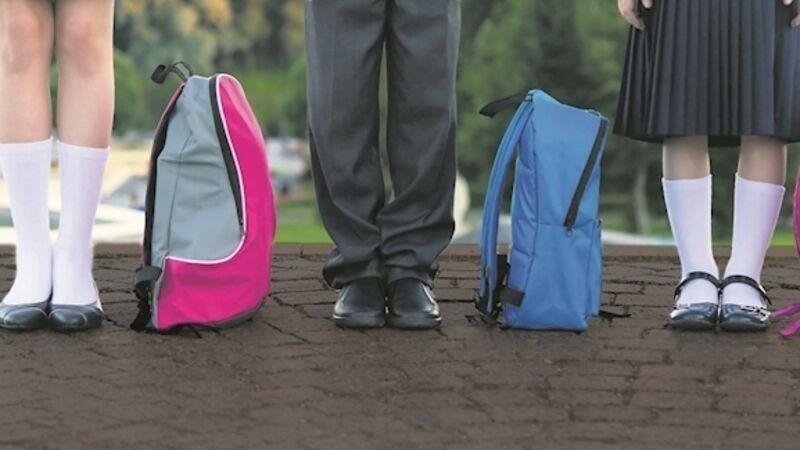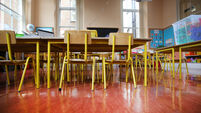Back to school: Expert tips on getting an anxious child ready for the classroom

It is as important for the parent to prepare for their own anxieties, as it is to prepare our children
My eldest son Matthew is seven. He is what my Granny would have called a worrier. He worries about the likelihood of his Lego bridge lasting through the night, he worries that one of our three kittens is being left out of the social circle, he worries that I am going to make him finally try broccoli for the first time.
His first days and weeks at school were wrought with anxiety. At the time, I wondered had I created it all through my own concern about how he would fare in the big bad world. Had my worries become his worries through parental osmosis? What began as tears at the school gate quickly grew into large-scale emotive affairs, involving teachers peeling a wailing Matthew from my body and shutting the classroom door with their foot, giving me a furtive wink as they went.










